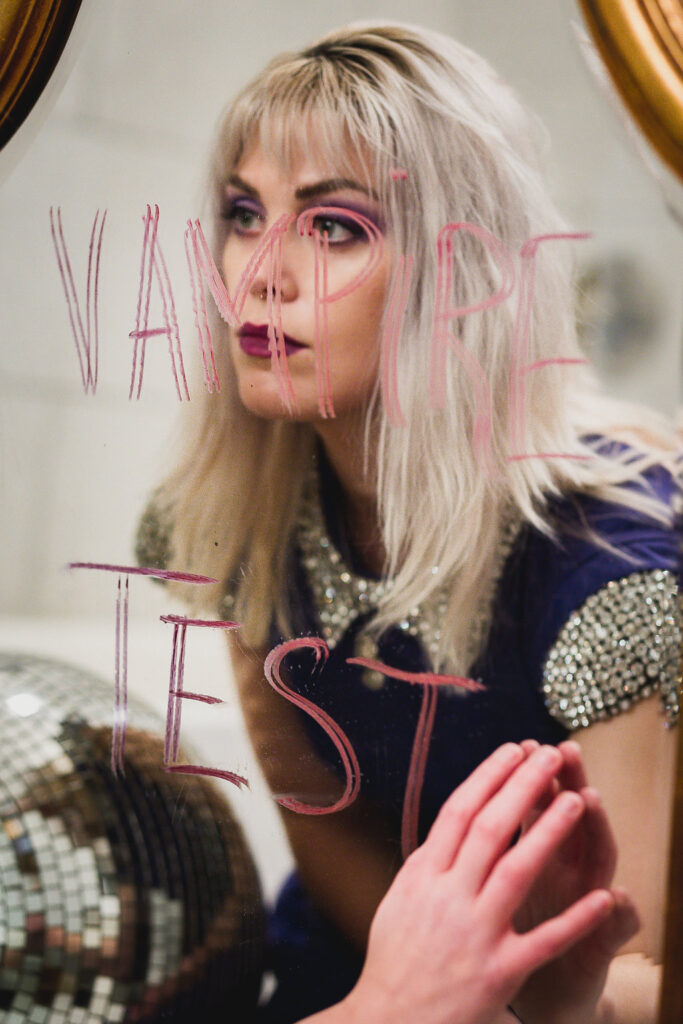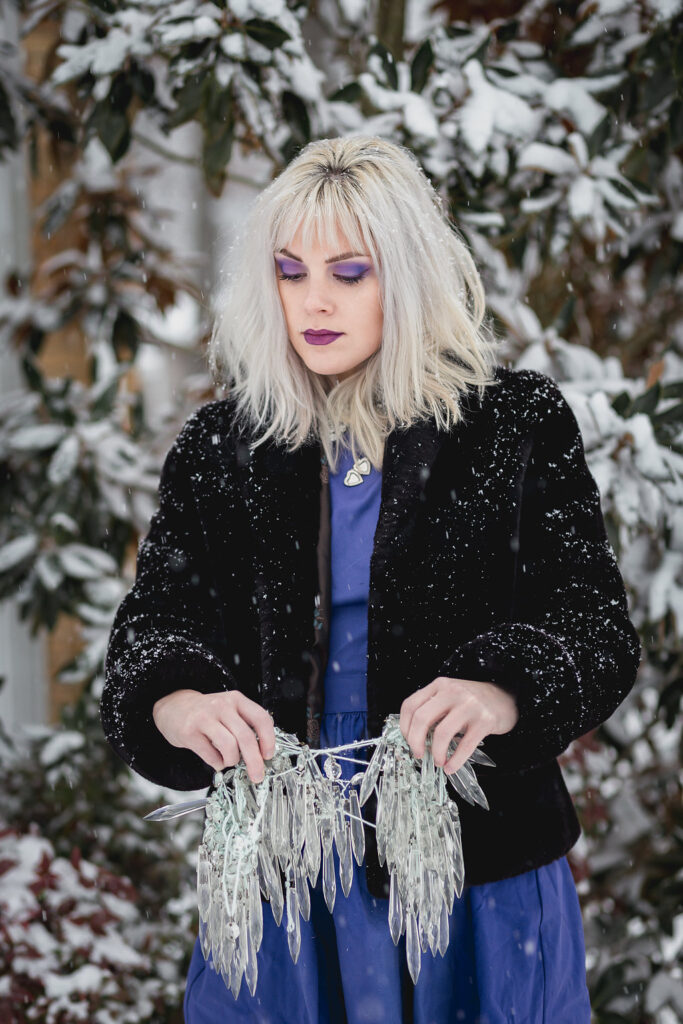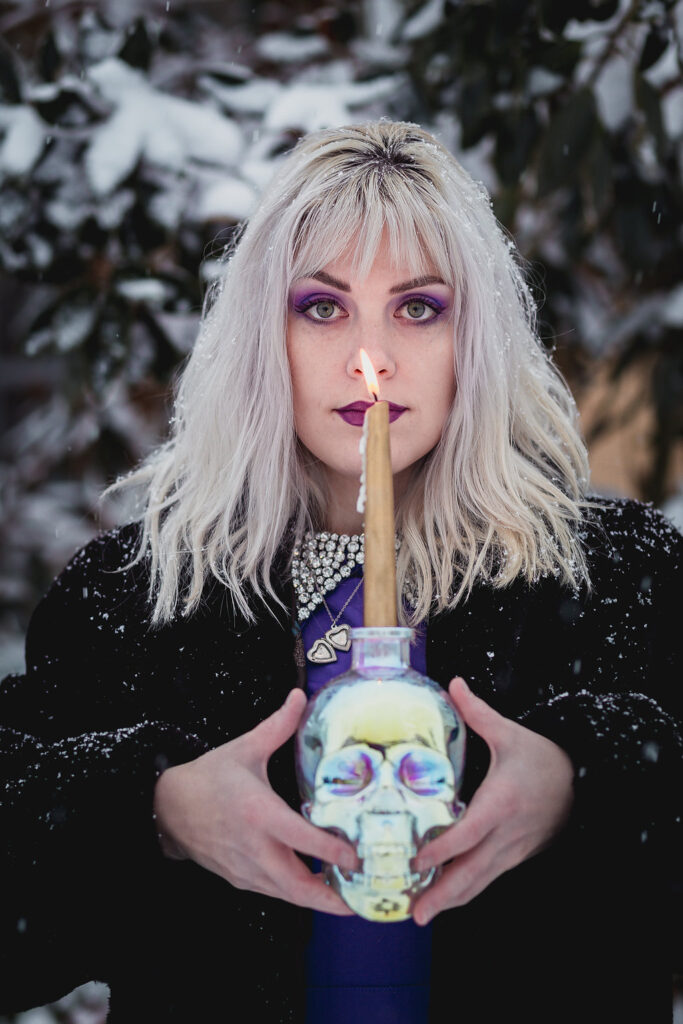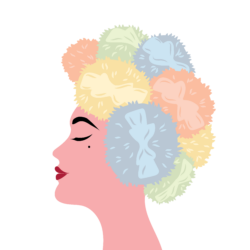“Makeup is dead. Long live makeup.” is a phrase that plays on the traditional proclamation “The king is dead. Long live the king.” This declaration marks the end of one reign and the immediate beginning of another, emphasizing continuity despite change. Applied to makeup, the phrase captures the idea that while certain trends, techniques, or standards in makeup might become obsolete or fall out of favor, the art and practice of makeup itself will always endure and evolve. Makeup is both the killer and the final girl.

Breaking Down the Meaning
- “Makeup is dead”:
- This part suggests that a particular era or style of makeup is over. It could refer to outdated trends, techniques, or the way people traditionally view makeup.
- It reflects the constant evolution in the makeup industry, where what’s popular or considered beautiful can change rapidly.
2. “Long live makeup”:
- This counters the first statement by affirming that makeup itself, as a concept and art form, continues to thrive.
- It highlights the resilience and adaptability of makeup, celebrating its ongoing reinvention and the introduction of new styles, products, and approaches.


How This Relates to the Makeup Industry
- Trends Come and Go: Makeup trends are ever-changing. For example, the heavy contouring and matte lips popular a few years ago might now be replaced by more natural, dewy looks. While these specific trends might “die,” the love and use of makeup persist.
- Innovation and Progress: The makeup industry is continually innovating, with new products and technologies emerging all the time. Even as old methods fade, new ones take their place, keeping the art of makeup alive and exciting.
- Cultural Shifts: As societal attitudes towards beauty and self-expression evolve, so does makeup. There is a growing emphasis on inclusivity, individuality, and the celebration of natural beauty. These shifts might render some traditional practices “dead,” but they give rise to a more dynamic and diverse makeup landscape.
Photo: Imagine Images Photo
